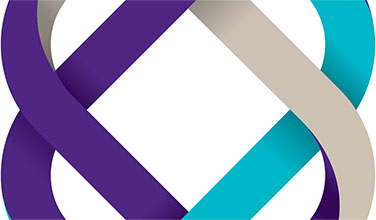Home page>
Press center>
News>Russian Transport: Reverse Motion – FBK Study of “How Much is Russia?”
Russian Transport: Reverse Motion – FBK Study of “How Much is Russia?”
Date of publication
11.03.2014The authors of the study point out that for some indicators there has been no significant progress in the field of transport not only for 10 but for 100 years. As at the end of 2012 the service length of the railways for general use was 85 600 km, in the Russian Empire in 1913 a similar indicator was equal to 71 700 km. For comparison, China during the same period increased the length of railways by 12 times from 9 to 110 thousand kilometers and continues putting into operation 10 thousand kilometers of new tracks annually.
However, given the geographical location and the size of the country transport always was and remains to be one of the strategic sectors in Russian economy with a significant government influence. Suffice it to say that the government ownership covers practically the entire railroad transport and gas-main and oil-trunk pipelines the proportion of which in the aggregate freight turnover remains high.
“The reduction in value of the transport branch is basically connected with the following factors”, notes Igor Nikolayev, the FBK Institute of Strategic Analysis Director heading the study. “Firstly, the period from 2003 to 2012 was actually characterized with lower rates of growth of gross value added in transport than forecast 10 years ago. Secondly, for the period of 2013 - 2022 instead of the growth rate of 2.8% we have today, according to the Forecast of long-term socio-economic development of the Russian Federation for the period of up to 2030, the benchmark of 1.3-1.7%, which dramatically lowered the cost estimate”.
Full text of “Transport” section can be found on the site of the study at: skolko.ru
